In lieu of watching “Music,” here are two documentaries, a biopic and an animated short that use research, input, and inclusion to tell meaningful stories about life on the autism spectrum.
Pop artist Sia came under fire upon the release of her directorial debut film, “Music.” “Music” follows Zu (Kate Hudson), a young woman fresh from rehab who is thrust into the role of caregiver for her autistic half-sister, Music (Maddie Ziegler). Helmed by big names and distributed by a major international studio, “Music” had the potential to introduce all-too-rare autism representation to a large mainstream audience. However, several poor choices during the film’s production left critics and audiences alike decrying the film’s representation as inaccurate and harmful. Criticism centered on three points of contention: casting a neurotypical actress to play an autistic character, promoting the use of physical restraint towards autistic individuals, and partnering with Autism Speaks, a controversial organization that previously created fear-mongering “advertisements” demonizing autistic people. As the sibling of an autistic, nonverbal person, reading about how “Music” perpetuates harmful misconceptions was difficult. In particular, I could not believe the film would endorse physical restraint as a means of handling meltdowns when the practice has been linked to severe emotional distress and even death. Given that films featuring autism representation are scarce, films with poor representation have a disproportionate power to affect the public’s perception of autism — in the case of “Music,” for the worse.
The controversies surrounding “Music” have been written about extensively, and its portrayal of autism has been critiqued by the voices we should be listening to the most: the voices of autistic people. Accordingly, instead of delving further into the pitfalls of “Music,” this article will spotlight recent films that better portray the nuances of life on the autism spectrum. This is not to say that there is one representation of autism that is the ‘best.’ Autism is a nuanced disorder that can vary greatly from one person to the next, and portrayals similarly vary. These films feature better representations of autism than “Music” does because they don’t caricature or dehumanize their subjects, nor do they reduce their stories to inspiration fodder for neurotypical people.
As “Music” demonstrates, representation without the inclusion of those being represented is misleading at best and dangerous at worst. Many of the films listed below were made with research and input from autism advocacy groups and individuals. The documentaries in particular give autistic people a platform to tell their own stories. While this list is by no means exhaustive, I hope it is a useful starting point for anyone interested in films representing the stories of autistic people.
“Autism: The Musical” (2007) & “Autism: The Sequel” (2020)

“Autism: The Musical” is a documentary that gives viewers an unadorned look at the lives of five children on the autism spectrum: Adam, Neal, Wyatt, Lexi, and Henry. Each child takes part in a musical put on by Miracle Project founder Elaine Hall, Neal’s mother. Director Tricia Regan presents the childrens’ backstories through a mix of their parents’ recollections and home video footage. Once we’re familiar with the cast, we’re given glimpses of their day-to-day lives in the months leading up to the musical’s opening night. The musical itself takes a backseat to the slice-of-life drama that unfolds along the way: Adam’s mother, Rosanne Katon, is a former Playboy model who believes his diagnosis is the primary cause of her husband’s affair, while Lexi has a crush on a castmate that forces her mother to confront Lexi’s adolescence.
The film’s editing is precise. Not one scene feels out of place or overlong. Regan leaves out the quick cuts and excessive voice-over typical of other documentaries, opting instead for sound bites and footage that the audience can draw a story from. A prime example is the framing of Wyatt’s narrative. In his introductory scene, he tells his mother that he wants to switch from special-education to mainstream classes so he won’t be bullied. Hall allows Wyatt to channel his frustrations by letting him play a bully in an improv exercise. A few lingering shots reveal Wyatt’s enjoyment at the chance to be the bully rather than the victim. In the musical’s premiere (which only starts in the last ten minutes of the film), Wyatt sings, “Am I too sensitive?” surrounded by a chorus of bullies. This time, he gets the final line. The musical has empowered him — as it has empowered many of his castmates — to be confident in who he is.
HBO released a follow-up documentary, “Autism: The Sequel,” last year. “Autism: The Sequel” catches up with the original cast a decade later as they navigate independent, adult life and everything that comes with it.
Streaming on: HBO Max, Hulu
“Temple Grandin” (2010)

I first saw “Temple Grandin” in a ninth-grade psychology class, but I was already familiar with Temple Grandin’s story. Grandin is a poster child within the autism community: she holds a Ph.D., wrote one of the first books to detail life with autism from the perspective of someone on the spectrum, and made revolutionary changes in the livestock industry through her studies of animal behavior and welfare. It comes as no surprise that her life story was biopic material.
In a stellar performance by Claire Danes of “Homeland” fame, Grandin’s challenges and triumphs as both an autistic person and as a woman in a male-dominated field are represented with honesty and grace. One memorable scene early on shows Grandin using her special sensory processing to sort spoons based on minute details in their shape and size. Once she enters the world of livestock, she perceives subtleties in cattle behavior caused by disorienting slaughterhouse designs that are negatively affecting the animals.
According to a profile in The New York Times, Grandin kept away from Danes while filming to avoid putting pressure on her that would hurt her performance. However, Grandin and Danes met for several hours prior to filming to discuss Grandin’s life and worldview, and Grandin gave Danes a hug at the end. Hugging is something that the film shows to be difficult for Grandin, making it a meaningful sign of her approval of Danes portraying her in the film. It should be noted that Claire Danes, like Maddie Ziegler, is also a neurotypical actress playing an autistic character. While Ziegler’s performance comes off as mockery, Danes gained critical acclaim for portraying a real, multi-dimensional person whom she was able to study and receive a blessing from. Meanwhile, Ziegler played a fictional role without a strong basis in reality, one that was almost played by an autistic actress (more on that later.)
Streaming on: HBO Max, Hulu
“Life, Animated” (2016)

Whereas “Autism: The Musical” focuses on childhood, “Life, Animated” concerns itself with the transition from adolescence to adulthood. The subject: Owen Suskind, an autistic young man who regained his verbal communication skills through Disney films. Perhaps one-third of the film’s shots are scenes from the animated classics — “Peter Pan,” “Aladdin,” “Bambi” — interspersed with footage of Owen watching the movies, quoting them line for line. Whatever theme is playing out on screen happens to relate to Owen’s life situation, and that’s intentional. As he says himself at an autism conference towards the end of the film, Disney films are how he can process and understand the world around him.
The documentary is based on the memoir “Life, Animated: A Story of Sidekicks, Heroes, and Autism” by Owen’s father, prominent journalist Ron Suskind. In the film, the elder Suskind describes his son’s breakthrough with such emotion and enthusiasm that one believes the event is happening in real-time. Bringing the past to life further are wonderful animated sequences from Mathieu Bétard, who went on to provide animation for Ariana Grande’s “God Is A Woman” music video.
While Owen’s love of Disney movies foregrounds many of the film’s emotional moments — I audibly gasped when Gilbert Gottfried, the voice of the parrot Iago in “Aladdin,” surprised Owen with a visit — his family’s love for him also shines through. Owen’s brother Walter struggles to explain the concept of French kissing without a Disney reference. While walking the streets of France before the aforementioned autism conference, Owen’s mother and father lead him in a heartwarming rendition of “Be Our Guest.” And, somewhere along the way, Owen grows up. He gets a job, fittingly, at a movie theater where he can slip into showings of Disney films. Maybe, the film suggests, becoming an adult isn’t so bad after all.
Streaming on: Tubi, Hulu, Vudu
“Loop” (2020)

“Loop” may be the shortest entry on this list, but it delivers a satisfying story on par with its feature-length peers. Writer and director Erica Milsom places two kids, Marcus and Renee, in an inherently cooperative setting: the duo has to paddle a canoe across a lake. The story’s conflict comes in their inability to understand each other. Marcus is only familiar with Renee, a nonverbal autistic girl, as “the girl who doesn’t talk.”
The film is a part of Pixar’s SparkShorts program, which gives Pixar employees time and funding to produce an independent animated short. Behind-the-scenes footage reveals the thought that went into creating “Loop.” Milsom consulted with the Autistic Self Advocacy Network for Renee’s character and her portrayal. She also cast a nonverbal autistic actress, Madison Bandy, to voice Renee. When the team saw that Bandy was uncomfortable recording in a studio, they decided to record her lines at her home instead. This is a stark contrast to the making of “Music.” Sia revealed on Twitter that she initially cast an autistic actress to play the character of Music, but recast the role when the actress “couldn’t handle” filming.
The passion put into “Loop” is reflected not only in its casting and writing, but in its animation. The visuals of the lake transport the viewer to summertime, no matter what season it really is. The audience also has a chance to see from Renee’s point of view. Occasional cuts to her perspective convey how the environment can switch from calm to overwhelming in seconds. The trip is scary at times, but by the final few seconds of the short, Marcus and Renee have found a way to understand one another. As long as they’re working together, they’re ready for whatever comes their way.
Streaming on: Disney+
Images as they appear courtesy of: TODAY, Cinema St Louis, Amazon.com, Netflix, and What’s On Disney Plus.



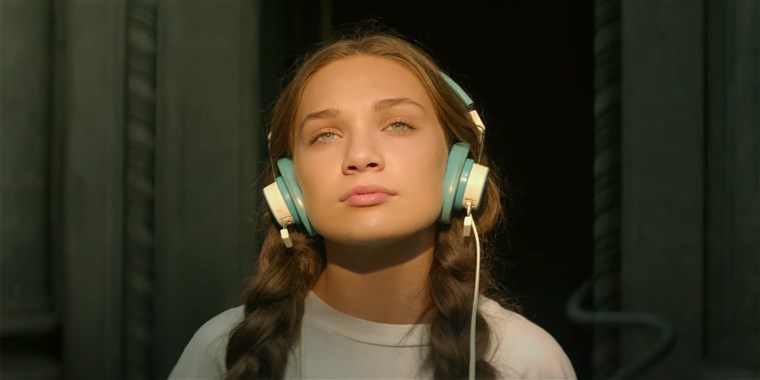

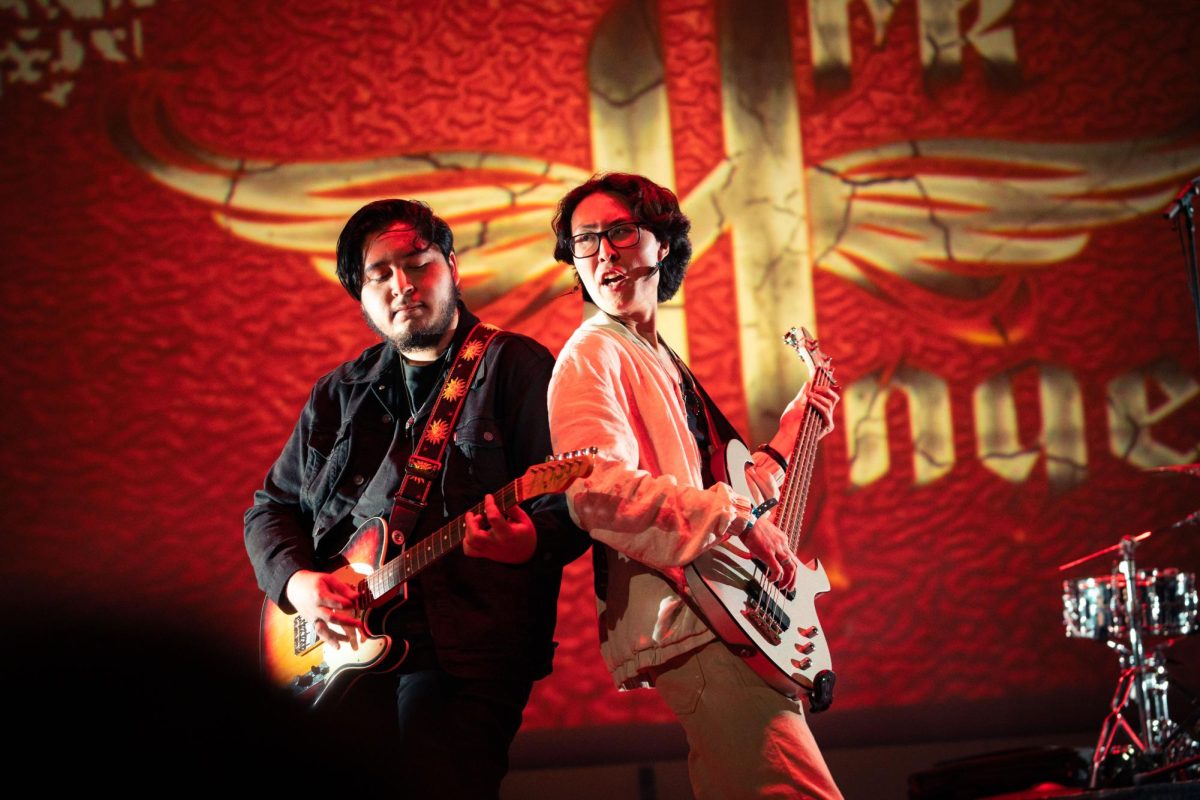
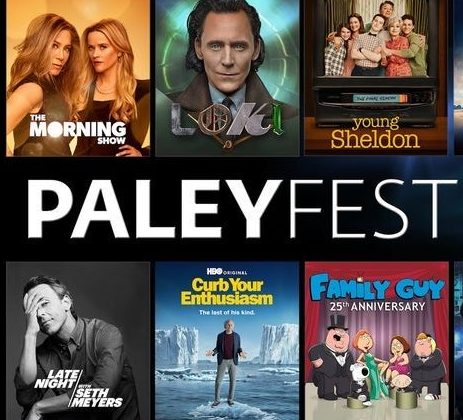
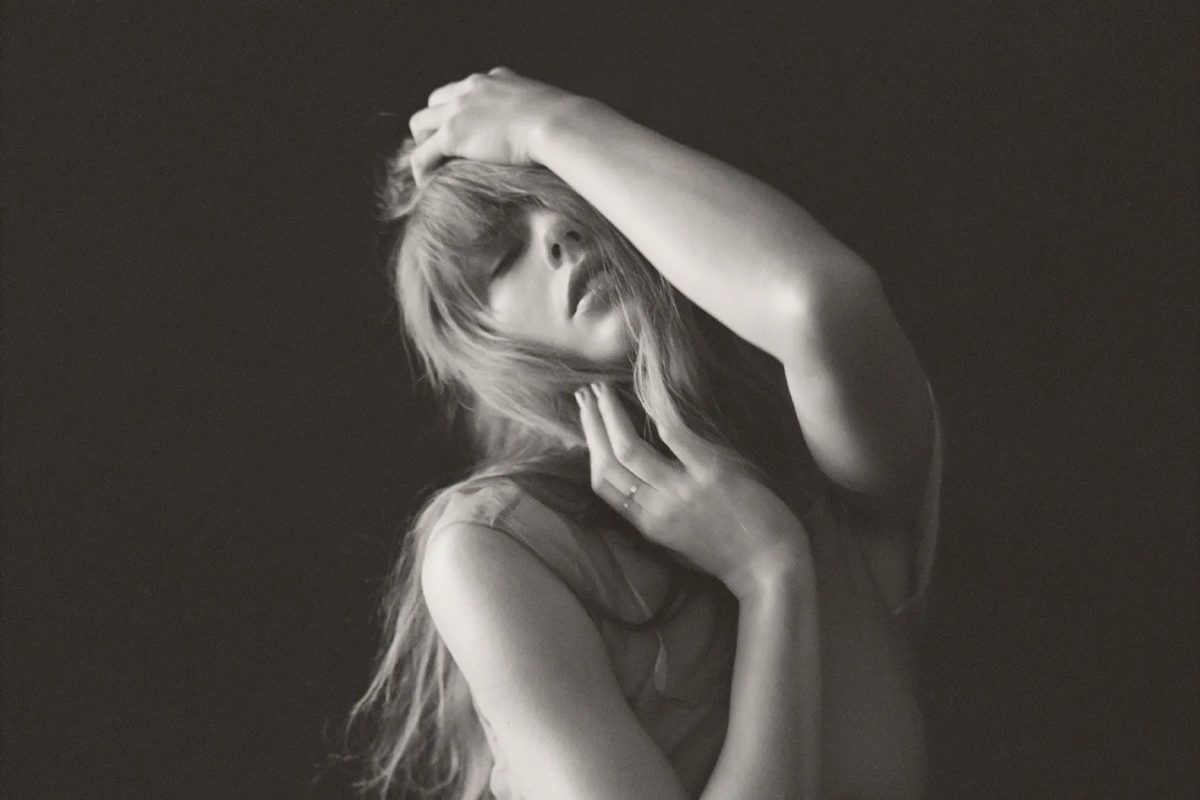
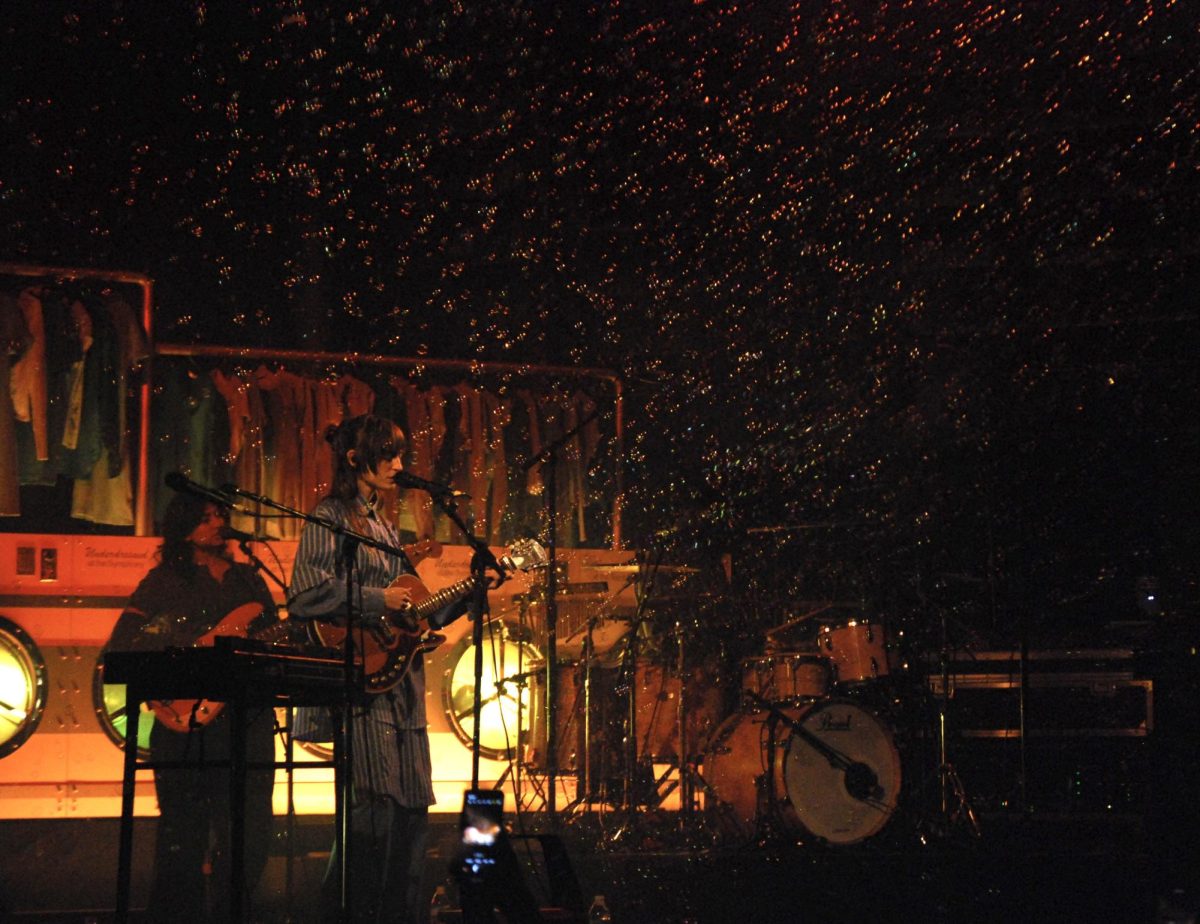

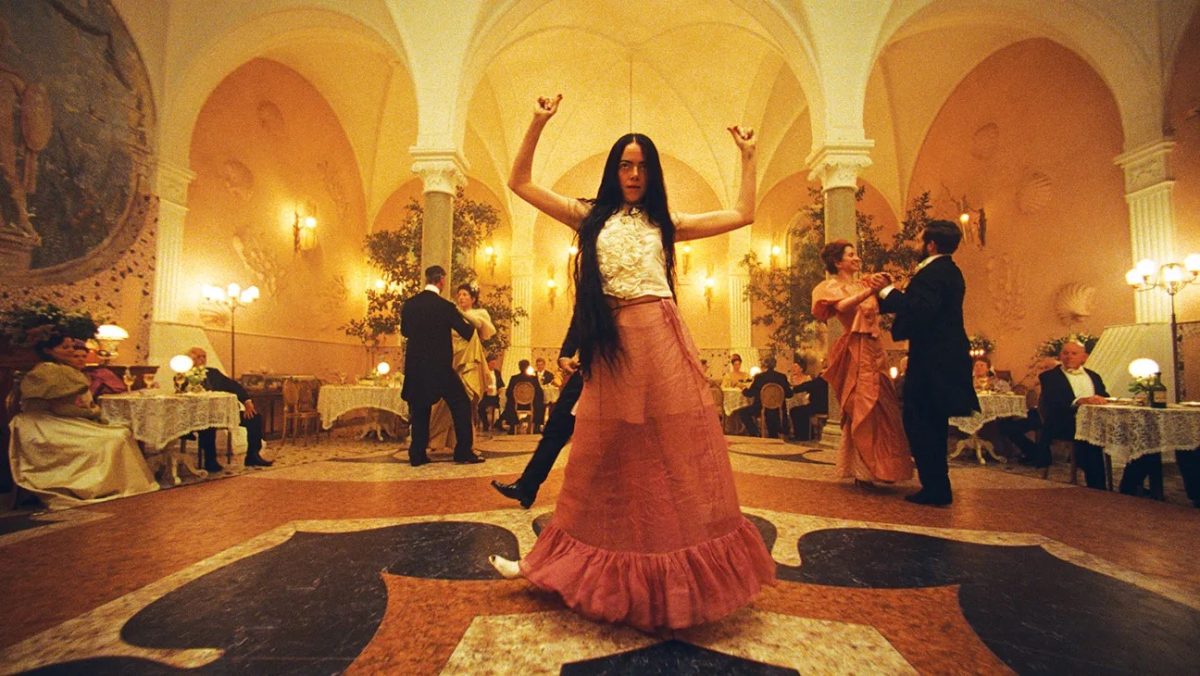
A • May 4, 2021 at 6:40 am
The collective wrongs of the film music cannot be so easily overlooked. The use of possibly deadly and traumatizing restraint, plus training a non autistic actor to put on a bastardized show of what our facial expressions roughly appear as. She was just acting stereotypically autistic without the reason, with out showing our positive traits, the deepness of our multidimensional experience. Maddie’s performance was flat and catered to the view of us a blubbering babies incapable of communicating or making choices. Nonverbal aussies can communicate! just differently! They can love, they can change and grow if given the correct support! we are not to be infantilized!
Diana • Apr 9, 2021 at 12:36 pm
I thought this movie was good at telling a story and the struggles and bonds formed, but it was just one story. As a mother of a 13 yr old special needs child, I understood the spectrum varies from child to child and in no way was offended if my child wasn’t represented, because we go through is different from other families. I think people are missing the big picture here. It was just one story in the broad spectrum of autism, and I’m grateful it was told. Btw, to say Maggie, or Mattie’s performance was a mockery, my daughter is very sensitive to her routines and doesn’t do well with change, my daughter walks on her toes, flails her hands, and will scratch and pull out her hair when stressed. That’s not a mockery, for us that’s very real.
Milly • Apr 6, 2021 at 8:41 am
So you admit that you haven’t actually seen the film? And you’re forming an opinion on it and asking us to adopt yours?